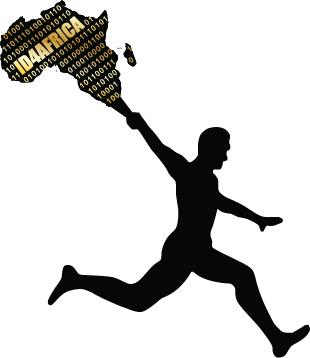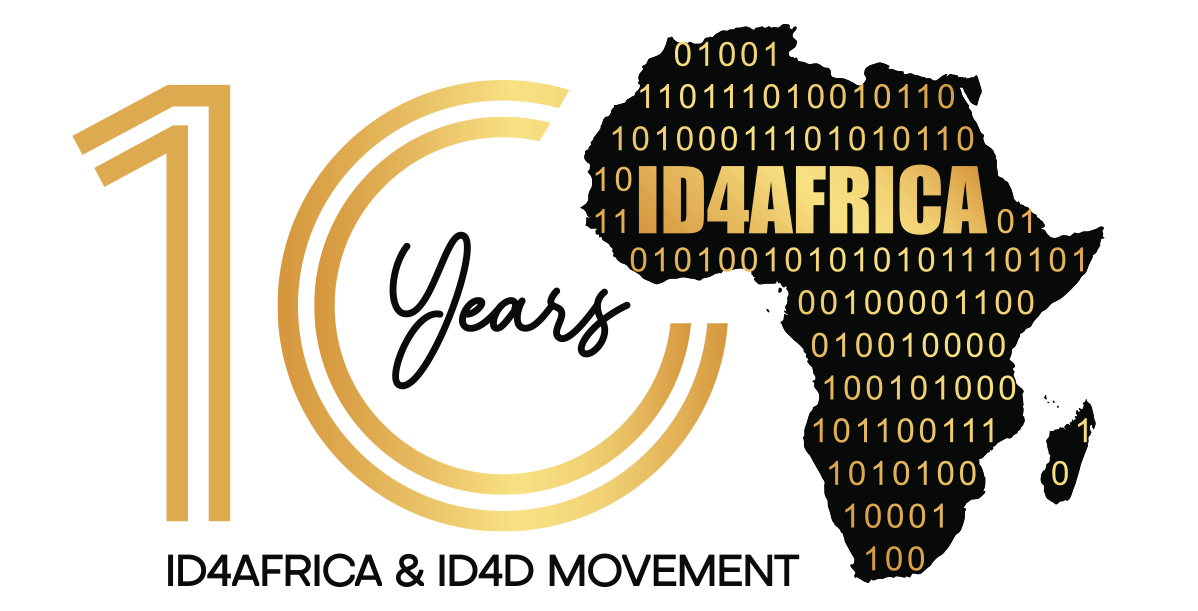
ThE
ID4Africa
Annual General Meeting (AGM)
Our journey
About the AGM
The Annual General Meeting (AGM) is where the entire community of identity stakeholders meet physically to jointly explore how digital identity and aligned services can advance socio-economic development in Africa. Being the most important physical gathering of its kind, ID4Africa AGMs have consistently recorded high participation from government decision-makers, international development organizations, industry and civil society – physically uniting over 1800 key stakeholders.
The AGM is a journey that started in 2015 in Tanzania and is continuing year after year in different African countries with themes and topics that evolve to reflect Africa’s needs. Through the AGM, African governments jointly explore how digital identity and aligned services can advance socio economic development in their countries. The AGM consists of 3 main components – the conference, workshops and the expo.
In 2022, the AGM was first augmented to integrate the LiveCasts. By leveraging these two powerful convening platforms, we can facilitate even deeper engagement with the community, drive greater awareness, improve dissemination of knowledge, stimulate creative solution-building and generally keep the community working together more effectively all year round to advance Africa’s ID4D agenda.
The conference, workshops and expo pay particular attention to the context required for the adoption and deployment of responsible identity systems including the necessary legal frameworks, institutional arrangements, governance, data protection, privacy and human rights.
The Conference:
Typically runs as 3-Day thematic plenary sessions based on carefully constructed program which addresses the latest needs of the African community.
It is an intense knowledge exchange platform characterized by a passionate desire to learn and contribute to identity development.
Features a large international line-up of subject matter experts and thought leaders, carefully selected by merit based on their expertise.
The Workshops
Held on the last day of the AGM, the workshops allow experts from the identity community who attend physically, to engage in deep and meaningful dialogue, as part of multiple working groups that try to address a thematic topic requiring collaboration, brainstorming and networking. They leverage the expertise of development partners and associations who typically organize and chair the meetings and provide opportunities for a pre-selected set of experts to serve as working group discussants and contributors, while the remaining community listens in as observers. The outcomes, recommendations and summations of each workshop are later presented virtually during LiveCast episodes held on Zoom generally 2 weeks after the AGM.
The Expo:
The largest of its kind in the world.
Held concurrently and collocated with the conference.
Showcases the latest innovations, products, solutions and services from over 100 multinational, regional and local companies.
Creates an open and competitive marketplace to serve the diverse and specific needs in Africa.

SEE OUR PREVIOUS AND UPCOMING EVENTS
OUR THEMES AND THEIR SIGNIFICANCE THROUGH THE YEARS
2015
THE FIRST GOVERNMENT FORUM ON ELECTRONIC IDENTITY IN AFRICA
In 2015, the event united all the necessary ingredients for the first time ever for enabling the right ecosystem to emerge for the adoption of e-ID in the service of socio-economic development. It was a trial to test the demand and it was an unqualified success.
2016
THE PRACTICAL GUIDE
In 2016, the objective was to focus the identity community on the need to develop practical knowledge that could be used in the African context and subjected to the reality of challenges faced. It was an attempt to depart from theory and what could be achieved in principle in an honest dialogue about setting expectations about the road towards digital identity in Africa.
2017
PATHWAYS TO DIGITAL IDENTITY
In 2017, we focused attention on the fact that there was no universal pathway, for a country to arrive at its digital identity. There was the recognition that identity concerns all sectors who need to be recognized as stakeholders in any national dialogue regarding the reform of the identification practices of a country. Identity assets (registers, numbers and credentials) can develop within each sector that has points of contact with the population and a legitimate reason to identify its constituents. Some lasting impacts of that theme is a commitment to sectoral inclusion by ID4Africa, which is now manifested in the breadth and diversity of representation of delegations attending the Annual Meeting. ID4Africa is also encouraging the formation of national identity strategy steering committees with multi-sectoral representations prior to any project planning taking place.
2018
HARMONIZATION OF IDENTITY SCHEMES
In 2018, the theme made clear that harmonization is a necessity. The multiplicity of approaches to digital identity could result in fragmentation and redundancy of identification assets, unless the various pathways are harmonized to serve one common goal, namely a unique identity for all that serves all functions from cradle to grave. Among the lasting impacts of this theme and its contribution to the culture is the recognition of the important role standards and APIs play and the need to coordinate national initiatives to integrate the identity assets of the various stakeholders or to ensure their harmonized emergence if they are new.
2019
IDENTITY ECOSYSTEMS FOR SERVICE DELIVERY
In 2019, we are calling attention to the concept that identity needs to be used for it to have impact on development. It needs to serve the diverse needs of individuals and those that service them, including government agencies and the private sector alike. We are focusing on its potential to create inclusive societies where identity enabled services, that have the potential to transform people’s lives and stimulate economic development, are encouraged through the right regulatory and access policies (including data protection and privacy) to emerge within the ecosystem. We recognize very few African nations, today, can claim to have arrived at this ecosystem framework. Many continue to deal with foundational issues such as the enrollment of populations and harmonization to build the identity assets. The goal of the theme is to share with the identity community a vision of the future, keeping in mind all the messages and lessons learned from the themes of prior years.
2022
IDENTITY IN CONTEXT: THE DIGITAL TRANSFORMATION JOURNEY BEGINS
Information is not available now.
2023
DIGITAL IDENTITY AS PUBLIC INFRASTRUCTURE
This theme supports our objective to share best practices for advancing identity ecosystems in Africa to the next phase beyond registration and credentialing of unique identities, which have dominated identity developments over the last decade. Digital transformation is creating demand for new kinds of government infrastructure essential for participating in a digital society. We believe exploring digital identity in the context of DPI is the appropriate framework for guiding the next phase of our journey towards Identity for All, and hence our theme in 2023.








